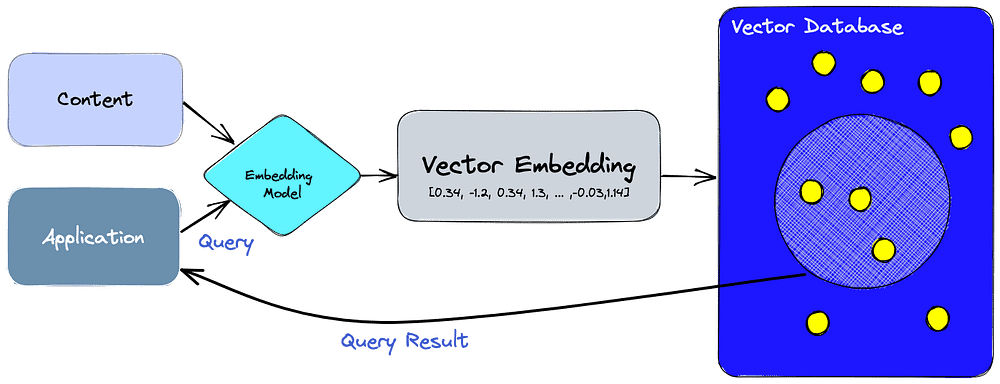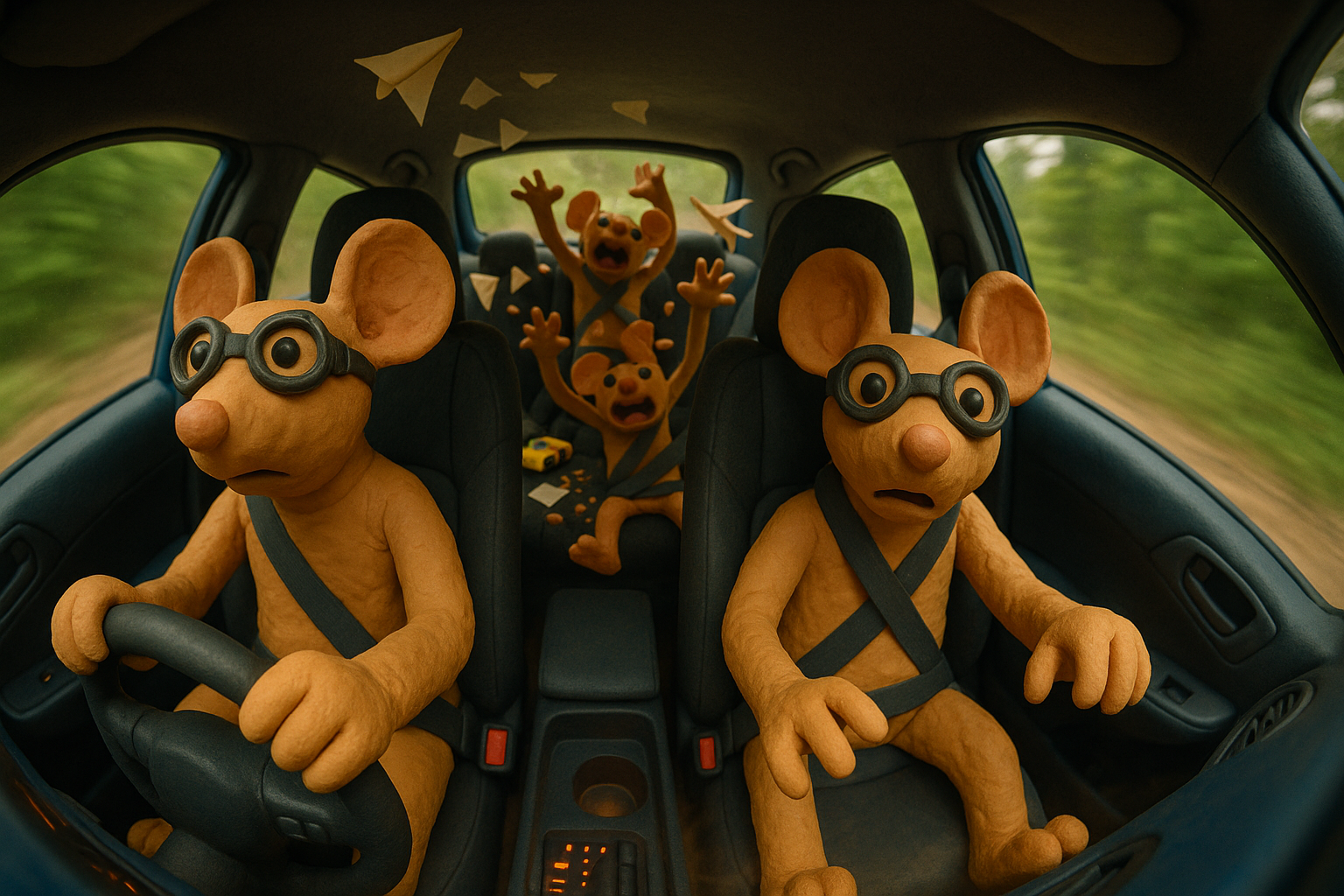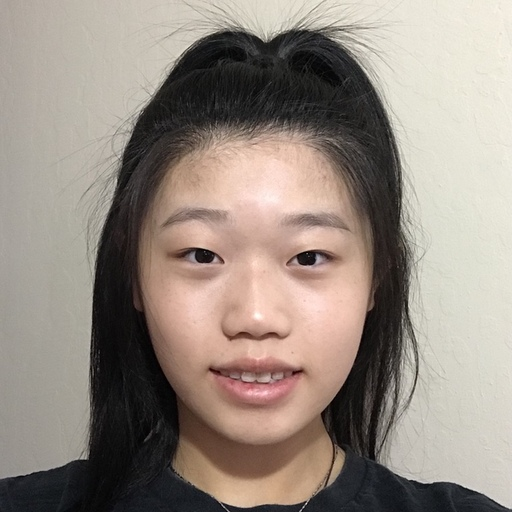Recent Posts
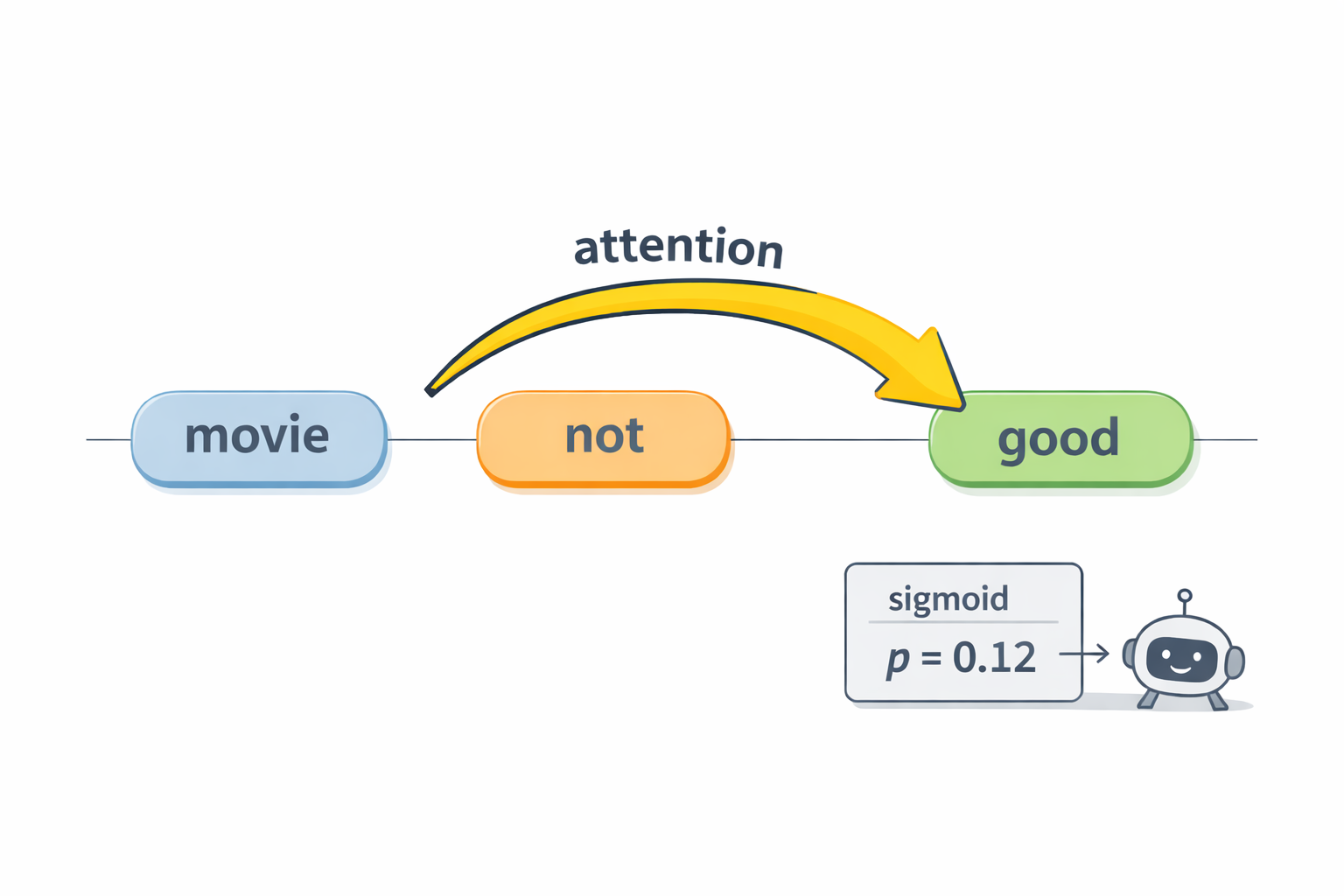
From Sigmoid to Attention: Why Transformers Changed Text Classification
Imagine you are building a system that reads short movie reviews and answers one yes/no question: "Is this review positive?" This is called binary classification. In this article we will walk through one single review, first with an older, simple neural-network approach, and then with a transformer approach. You will see the same final step at the end (a sigmoid that produces a probability), but you will also see why transformers are so useful before that final step.
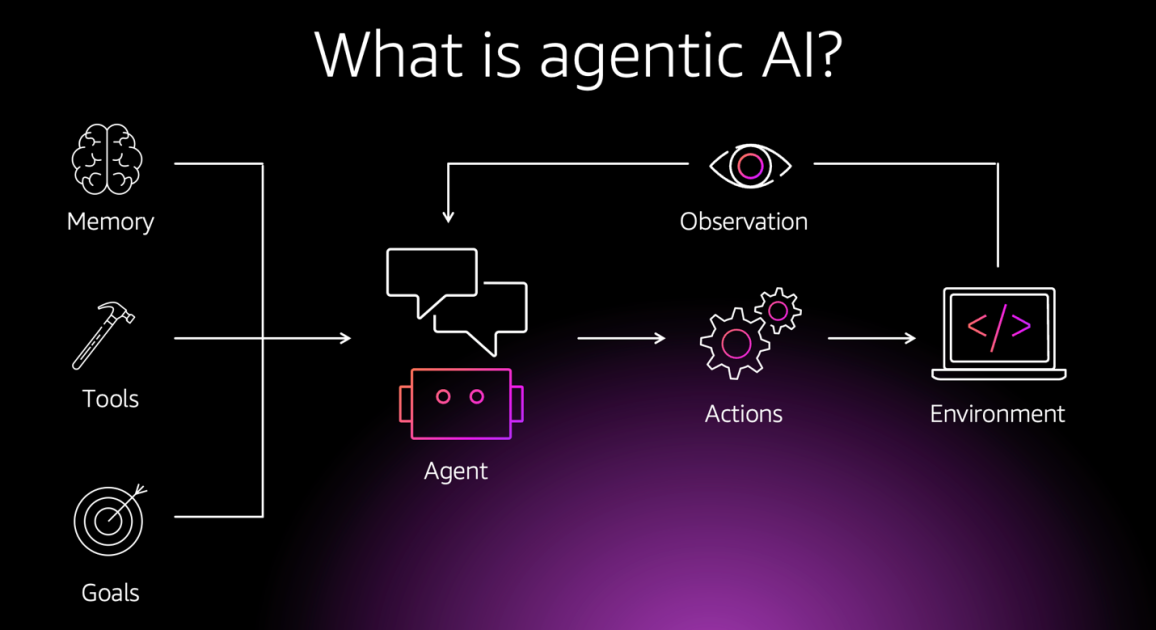
Agentic AI Isn’t Just Better Prompting — It’s Better Context
Agentic AI shifts the focus from crafting better prompts to designing better context, where models operate in multi-step loops that use tools, memory, and state to make decisions. While prompt engineering improves individual responses, context engineering determines what information the model sees and how it reasons over time.
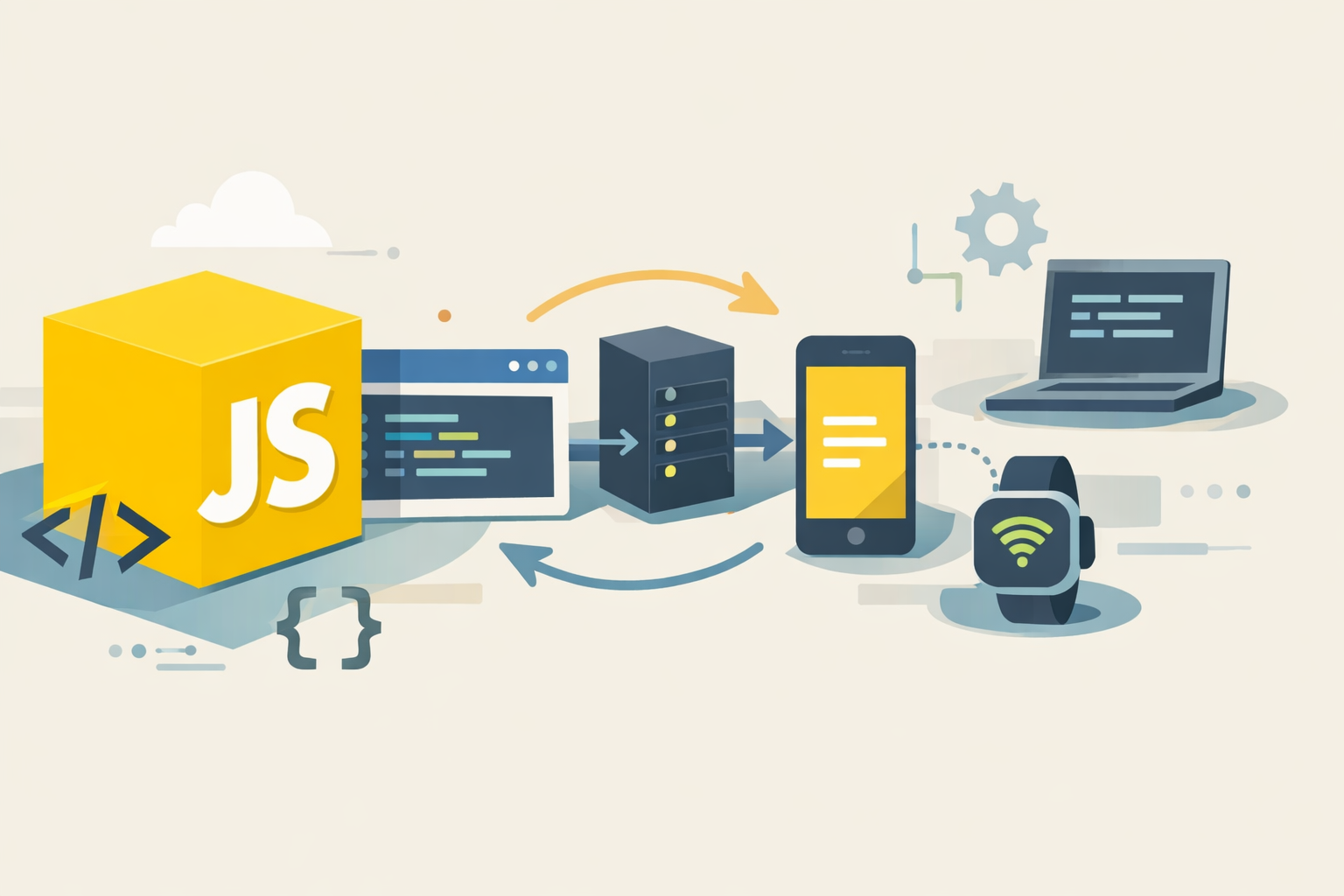
JavaScript Isn't "Just for the Browser" Anymore (And That's the Point)
JavaScript has a weird reputation. Some people think of it as the "toy language" you use to add a dropdown menu. Others see it as the duct tape holding half the internet together. The truth is more interesting: JavaScript is a general-purpose language that happens to run everywhere-browsers, servers, phones, desktop apps, even tiny devices-and it's evolved into a surprisingly expressive toolset. If you're learning JavaScript (or coming back to it after a break), here's a practical tour of what matters and how to think like a modern JS developer.
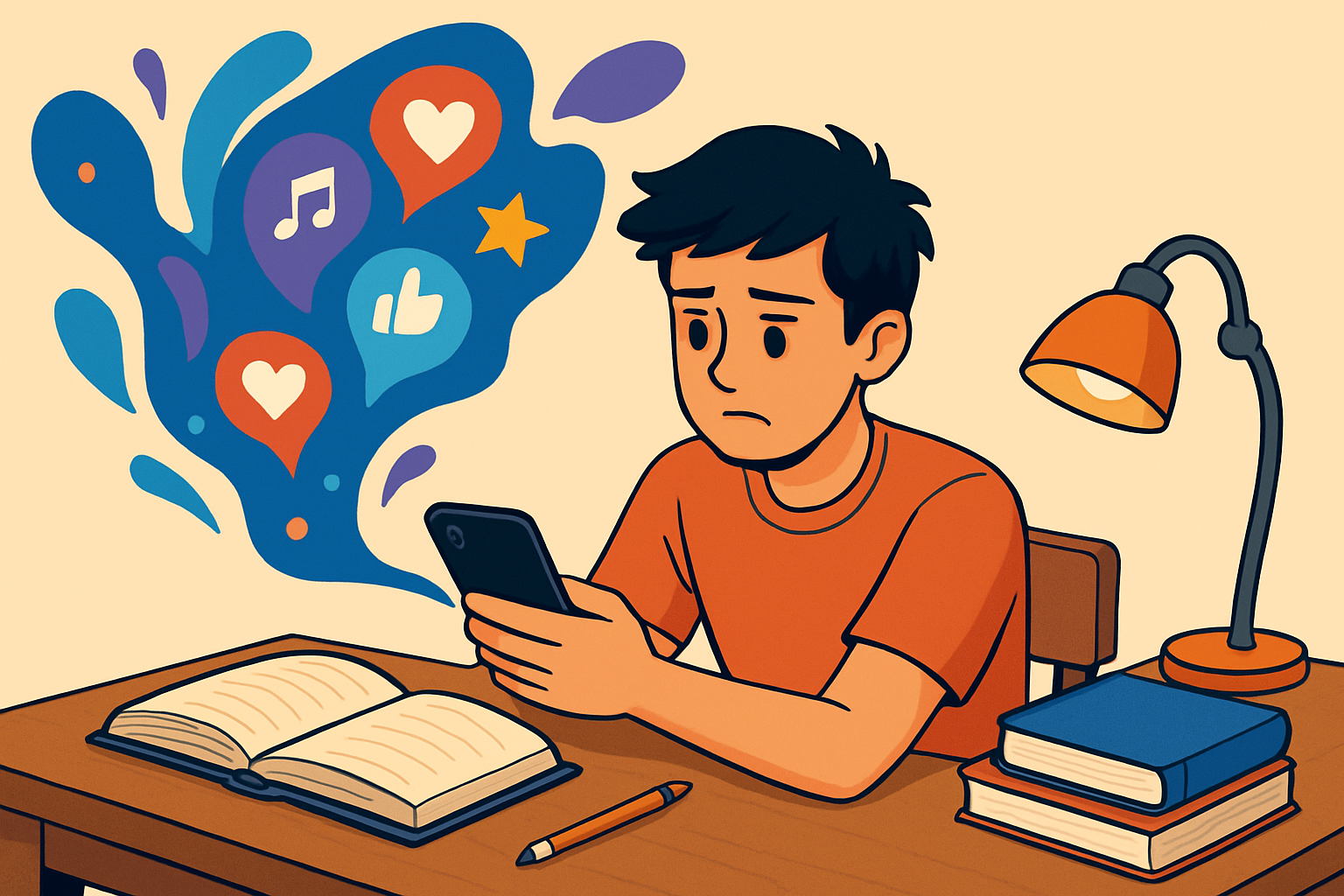
Addiction in a World of Endless Pleasure
Today, people can get addicted to almost anything. We usually think of addiction as drugs or alcohol, but it can also be things that seem “good,” like doing tons of LeetCode problems, going to the gym every day, or constantly checking your grades. The common point is not whether the thing looks good or bad from the outside. The real question is: who is in control — you, or the habit?
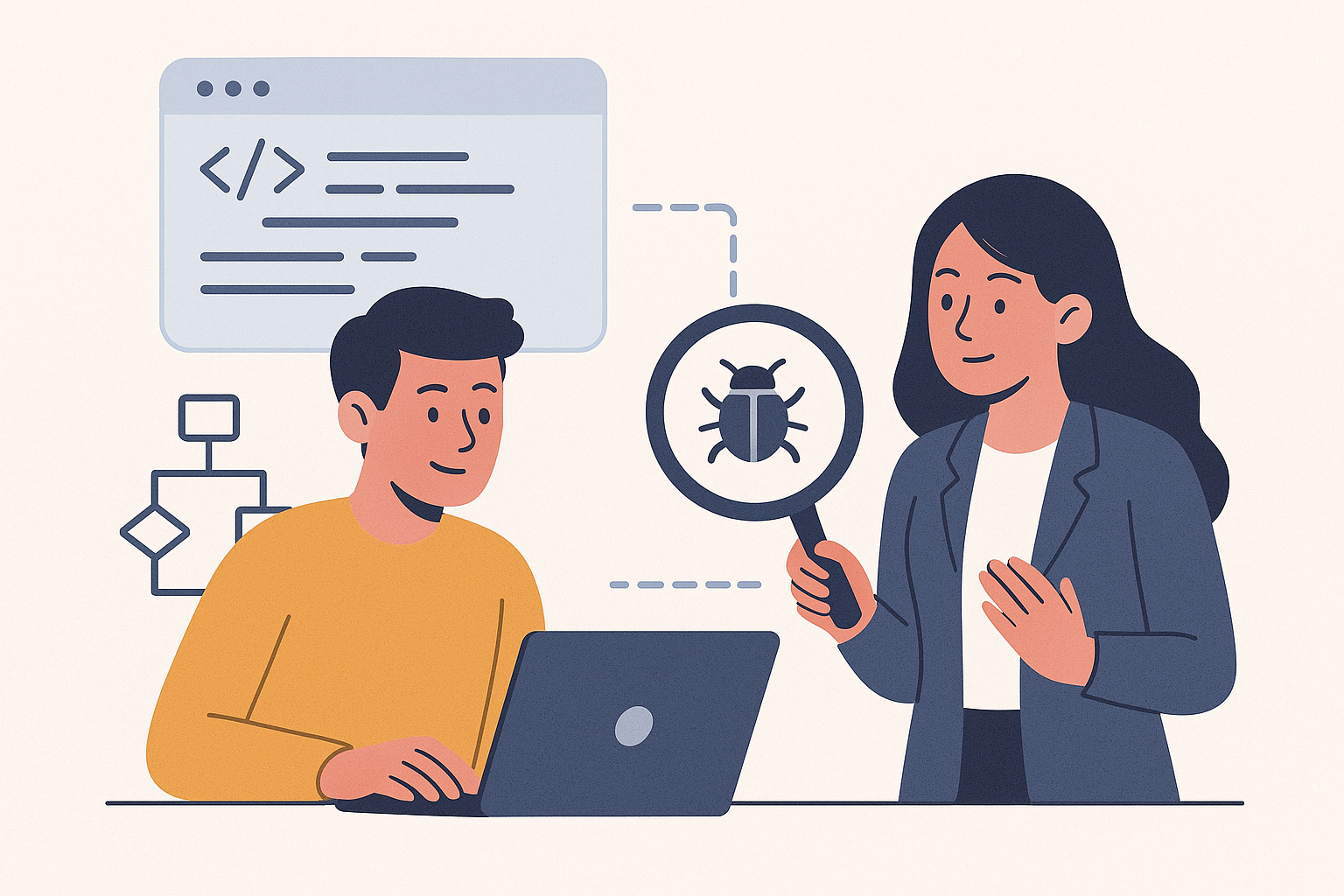
What Happens When QA Enters the Room Early
In most of the teams, QA comes into the picture only after the development work is "done." Testers receive the final build, run through edge cases, find bugs, and send everything back to the developers for rework. While this process can work, it often leads to unnecessary delays, missed edge scenarios, and last-minute firefighting before release. But when QA is involved from the very beginning of the Software Development Life Cycle (SDLC), the results are completely different. Early collaboration not only improves quality but also reduces development time, cost, and effort.

Meta’s AI Glasses: Cool Toy or Just More Digital Noise?
Meta just dropped its Ray Ban Display AI Glasses, promising to make your phone feel like a fossil. But this is what no one’s really talking about: for people with ADHD, or anyone who already struggles with attention, this might actually make life harder, not easier.
